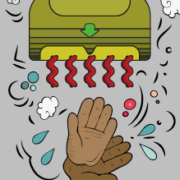Are You Protecting Your Hearing?
Fireworks and concerts might come to mind when pondering ear-busting sounds, but power tools and even some livestock can reach dangerous decibels, too. Let’s talk hearing protection, which can go a long way toward keeping harmful noise at bay.
Types of Hearing Protection
At home, work, or play, the world can be an exciting but noisy place, putting your hearing health at risk. How? Loud sounds — especially those in the danger zone of 85 decibels or higher — can lead to hearing loss, tinnitus, or both.
It’s helpful to avoid loud environments in the first place. That’s not always practical, however, especially if the job you love, favorite hobbies, and other important activities bring joy — and add some noise — to your everyday life.
Let’s talk about different types of hearing protection that can help keep you and your loved ones listening — and living — your best. Added bonus: Many of these options can be customized for a secure fit and maximum comfort.
CONCERT PLUGS
Rock out to your favorite artists without the dangerous decibels that can do a number on your hearing. These plugs are also ideal for machinists, airport and airline staff, dentists, music instructors, and others working in high-noise environments.
MUSICIAN PLUGS
Give it your all on stage without hurting your ears. Musician plugs can offer a high-quality audio experience that helps deaden external noise, provides clear sound, and helps achieve consistent performances.
HUNTING PLUGS
When it comes to hunting, you want the shot — not the hearing loss. Hunting plugs help keep out intense, harmful sound while allowing you to easily hear conversations, warnings, and other critical conversation.
SLEEPING PLUGS
Nothing beats a good sleep. Uninterrupted rest is even easier with plugs that help block out unwanted sounds and stay in place as you sleep. Especially recommended for light sleepers and those who work alternative shifts.
SWIMMING PLUGS
Not quite noise-related but still an important issue. Excess moisture in the ear from sweat or swimming can lead to otitis externa or “swimmer’s ear,” an outer-ear infection typically caused by bacterial or fungal growth when the skin in the ear canal potentially becomes irritated from water activities. Appropriate-fitting swimming plugs can help reduce this risk.
PET PLUGS
It’s true: Fur babies need help, too. During fireworks, noisy home repairs, or other super-loud situations, a quieter space may not be an option for the doggo or kitty. Earplugs and earmuffs made especially for pets can help soften intrusive sounds. Whether your pet will wear them, however, might be another matter!





